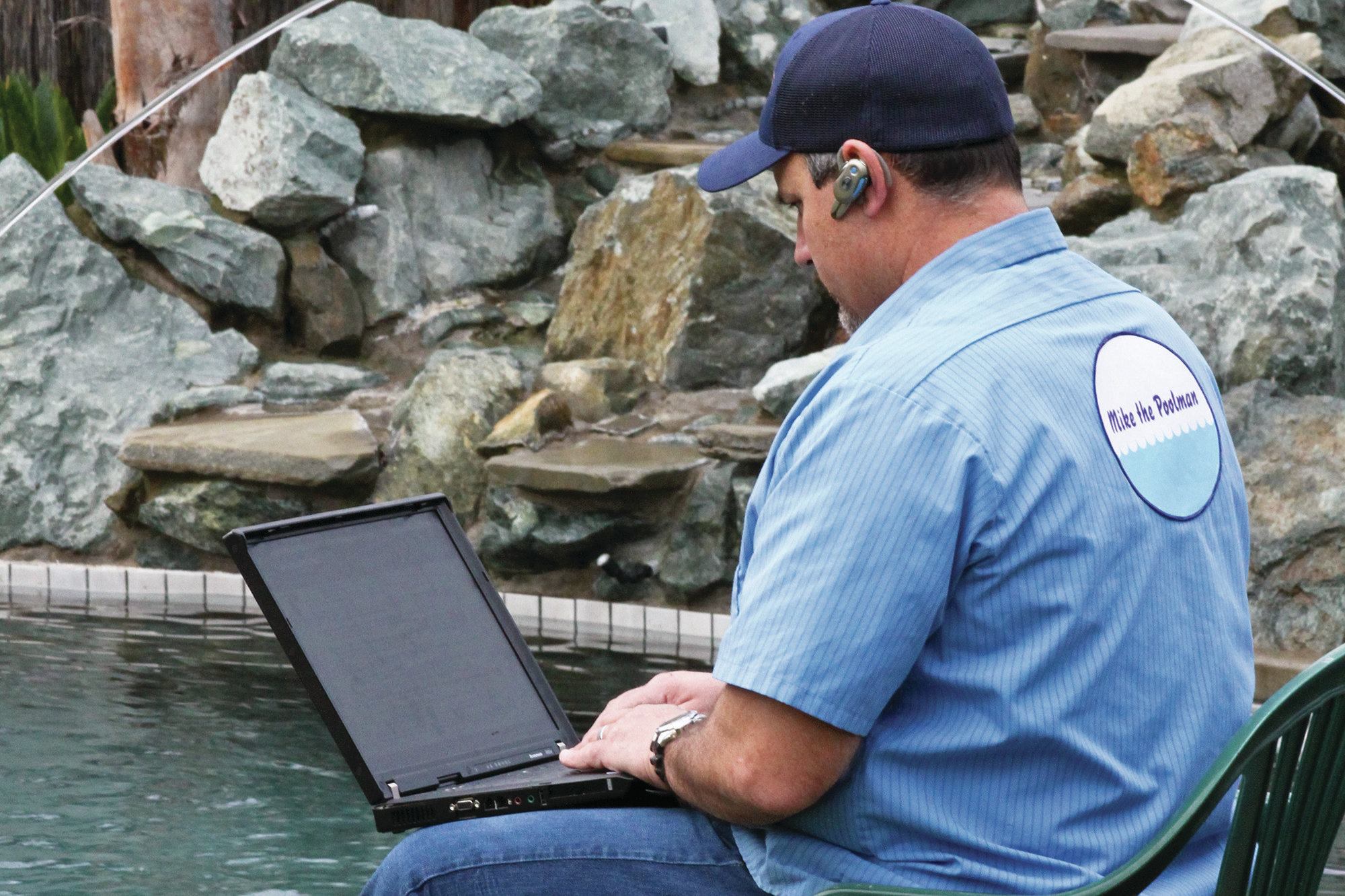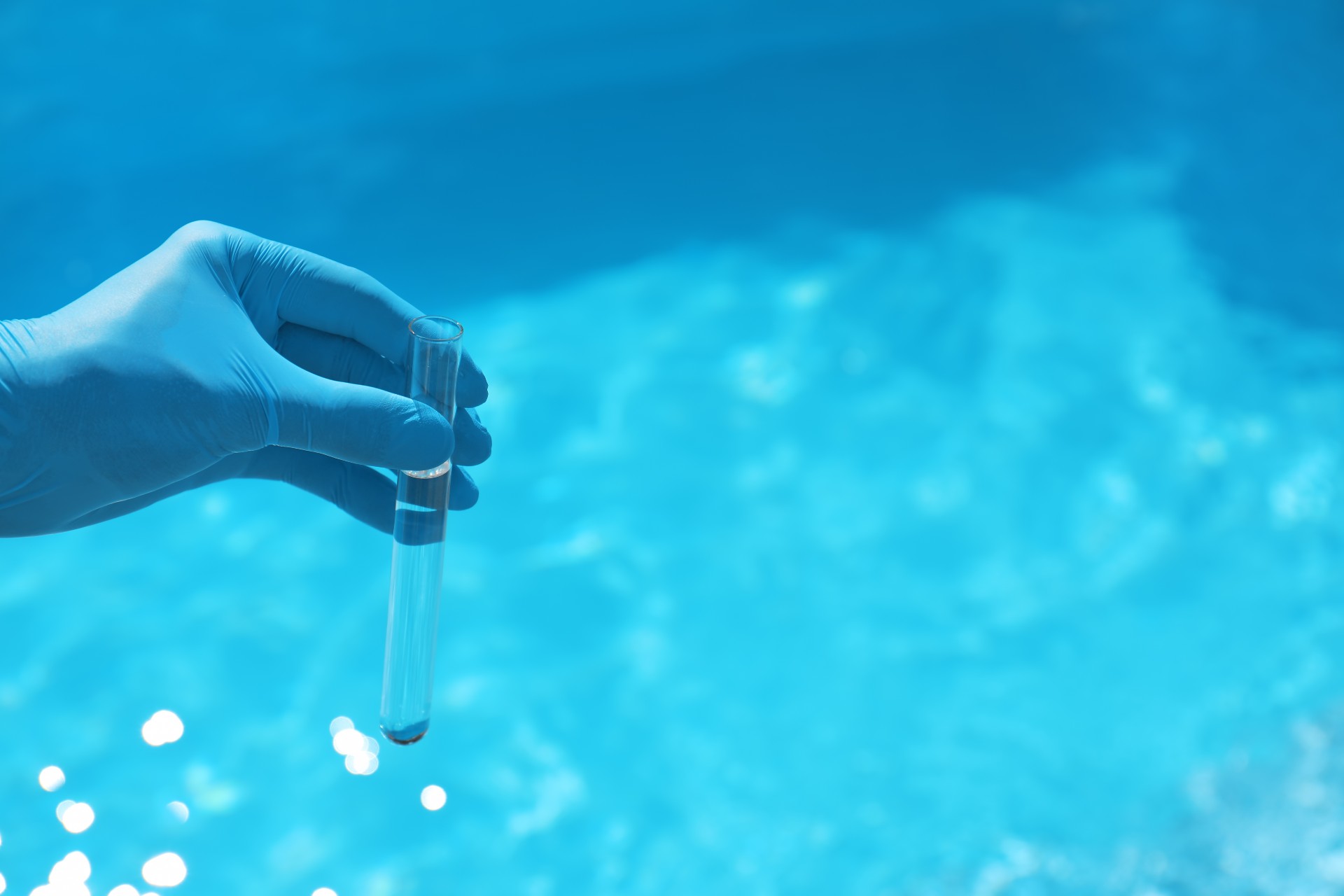If you’re using Windows XP as the operating system for your business’ computers, be aware: Microsoft is ending support for the popular OS on April 8.
What does that mean for users?
No more security patches, no more non-security hotfixes, no more assisted support.
“The importance of upgrading from Windows XP cannot be overstated,” said Tim Rains, director of Microsoft Trustworthy Computing, in a press release. “We truly want people to understand the risks of running Windows XP after support ends and to recognize the security benefits of upgrading to a more modern operating system.”
On the Internet, blogs and techies are calling April 8 “zero day.” It’s probable that hackers could find the weak points that Microsoft would normally patch.
Adam Jones, sales manager at Backyard Oasis in Livingston, Texas, said protecting customer information is one of the big reasons he asked his contract IT company for a quote to replace the nine computers the retail store has that are running Windows XP.
“It’s just too big of a risk,” he noted. “April is right before our peak season.”
Microsoft released a report at the end of October analyzing the threats and found the top three for XP users: sality (malware that can steal personal information and lower security settings); ramnit (malware that infects Windows executable files, MS Office files and HTML files); and vobfus (a family of worms that can download other malware and spread). Even with current Microsoft support, XP users are six times more likely to be infected with these threats than those with computers running newer operating systems, according to the report.
Pool and spa software suppliers are trying to get the word out to customers.
RB Control Systems sent out an email a year ago to all of its dealers and has provided reminders in other customer communications, said Rachael Pritz, executive director of the North Versailles, Pa.-based company, which supplies business management and point-of-sale software to the pool and spa industry.
RB Controls will continue its support for XP for an additional year, but won’t write software for XP or test to make sure its own new versions work on the operating system.
Another firm, Evosus, has been verbally reminding customers of the change, and won’t test its software on the operating system after support ends, said Galen Drake, network specialist for the Vancouver, Wash.-based company.
“My recommendation is that they grab a Windows 7 computer while they still can,” he added, noting that Windows 8 is a lot different than XP while Windows 7 shares some functionality, which could make it an easier switch.
And though Evosus won’t end its support for XP customers, it might recommend that dealers upgrade.
“The concern isn’t really XP so much as the age of the hardware that they’re running XP on,” Drake explained. Most hardware is designed to last about five years, and direct retail sales of XP ended in 2008.
Disadvantages of upgrading include spending the money and time training on a new operating system, but an advantage of making the change well before the season begins is that everything will be running smoothly by Memorial Day.
“Making a change … during the busy season is just adding complexity at an inopportune time,” Drake added.




